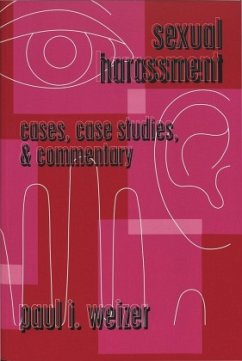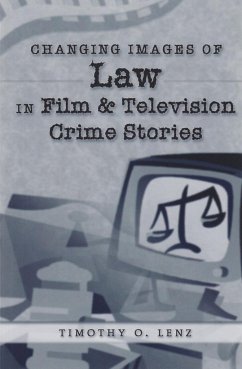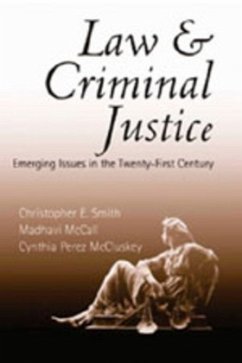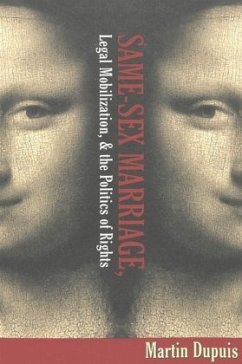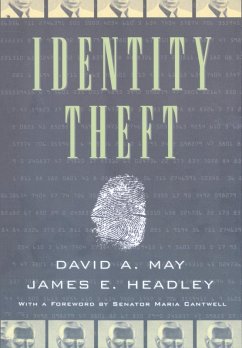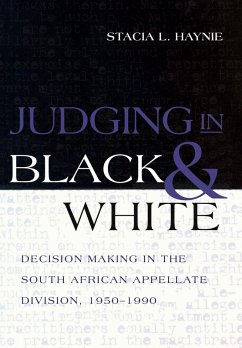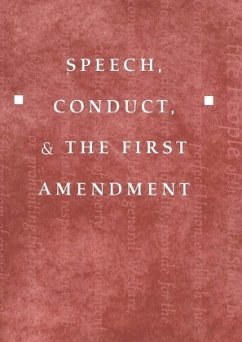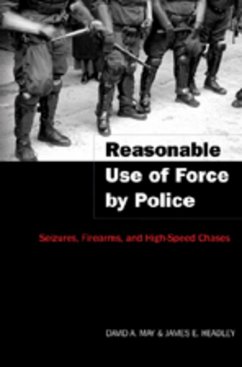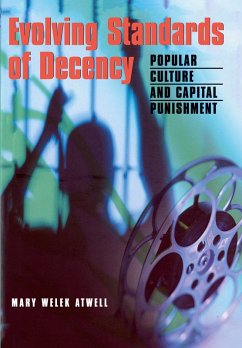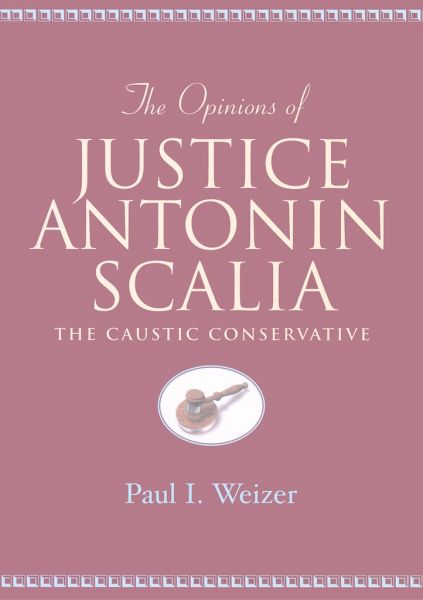
The Opinions of Justice Antonin Scalia
The Caustic Conservative
Versandkostenfrei!
Versandfertig in 6-10 Tagen
32,65 €
inkl. MwSt.

PAYBACK Punkte
0 °P sammeln!
Judicial opinions written by justices of the United States Supreme Court are readily available, yet few Americans will ever examine the full substance of a Court opinion. Students, particularly undergraduate students with no real expertise (or interest) in the law, can find reading opinions an overwhelming and laborious process. The opinions of Justice Scalia are a different matter. Scalia is often sarcastic, smug, and self-assured. He does not hesitate to take his colleagues to task when he feels they are wrong and does not mind stooping to ridicule and personal attack when it serves his poin...
Judicial opinions written by justices of the United States Supreme Court are readily available, yet few Americans will ever examine the full substance of a Court opinion. Students, particularly undergraduate students with no real expertise (or interest) in the law, can find reading opinions an overwhelming and laborious process.
The opinions of Justice Scalia are a different matter. Scalia is often sarcastic, smug, and self-assured. He does not hesitate to take his colleagues to task when he feels they are wrong and does not mind stooping to ridicule and personal attack when it serves his point. In short, whether a reader agrees or disagrees with the points that Scalia seeks to make through these opinions, they are not boring. The layperson as well as the student of government, political science, and law will find the words of Justice Scalia well worth reading. Teachers will find these opinions useful for stimulating class discussions at every level.
The opinions of Justice Scalia are a different matter. Scalia is often sarcastic, smug, and self-assured. He does not hesitate to take his colleagues to task when he feels they are wrong and does not mind stooping to ridicule and personal attack when it serves his point. In short, whether a reader agrees or disagrees with the points that Scalia seeks to make through these opinions, they are not boring. The layperson as well as the student of government, political science, and law will find the words of Justice Scalia well worth reading. Teachers will find these opinions useful for stimulating class discussions at every level.



